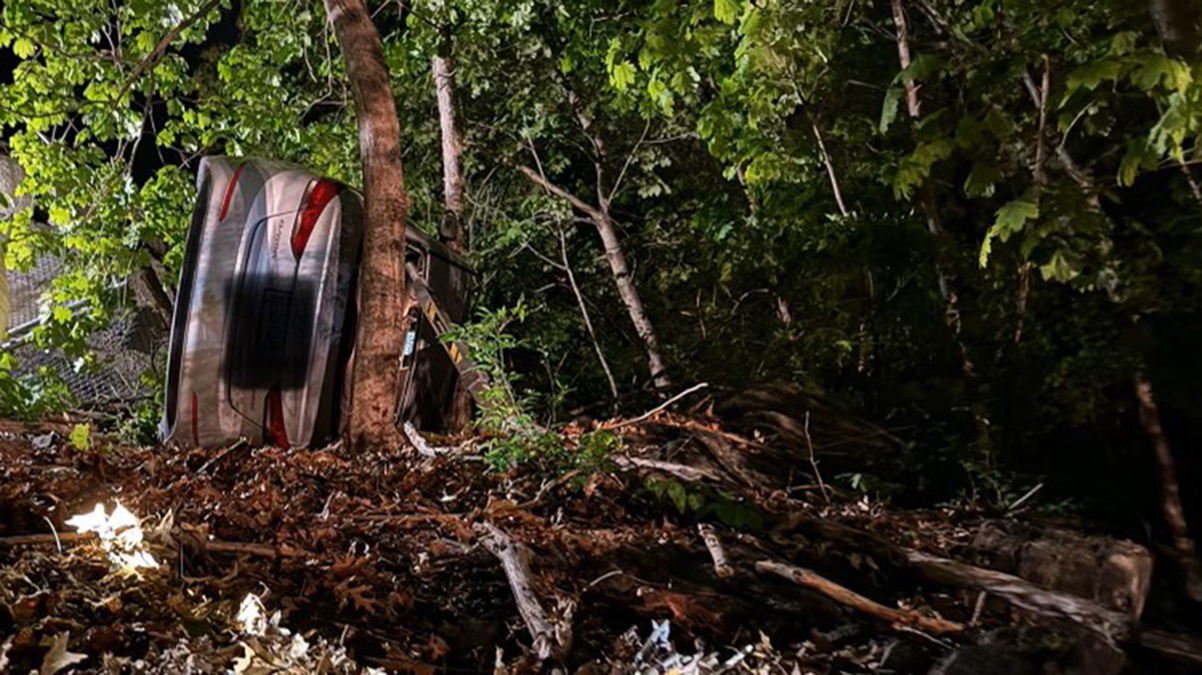This afternoon, many of the firefighters at the center of the controversial New Haven reverse discrimination case that went to the Supreme Court received their promotions.
The legal fight that started in 2003 with a promotions exam ended Thursday with a ceremony at Wilbur Cross High School, where 24 firefighters were promoted to captain or lieutenant.
“This is a great day for the department and a great day for the members who are being promoted,” Chief Michael Grant said.
In 2004, the “New Haven 20” -- 19 white firefighters and one Hispanic -- sued New Haven after the city threw out a promotion test they took in 2003. The city claimed not enough minorities passed.
So, the firefighters sued and their case made it to the U.S. Supreme Court this year. The judges sided with the firefighters, calling it a case of reverse discrimination.
Many of the firefighters sued the city because they were being denied promotions.
Fourteen of the people promoted are part of the “New Haven 20.” The other 10 also passed but didn't sue.
Local
The legal fight two black New Haven firefighters waged against the city is also over, at least for now. On Wednesday, the state Supreme Court overturned a $500,000 jury verdict in favor of the firefighters who sued the city after they say they were denied promotions because of their race.
Chief Justice Chase Rogers wrote in the unanimous decision released Wednesday that there was insufficient evidence of discrimination against Lt. Christopher Texeira and retired Lt. John Brantley.
Texeira and Brantley claimed the city's promotion process favored white firefighters. A jury awarded Brantley about $260,000 and Texeira about $251,000 in July 2005.
Attorneys for the black firefighters said they're happy for their white colleagues but the fight is not over and a lawyer for the firefighters is weighing their options. The case is not related to a reverse discrimination case won by white New Haven firefighters in a landmark U.S. Supreme Court ruling last June.



